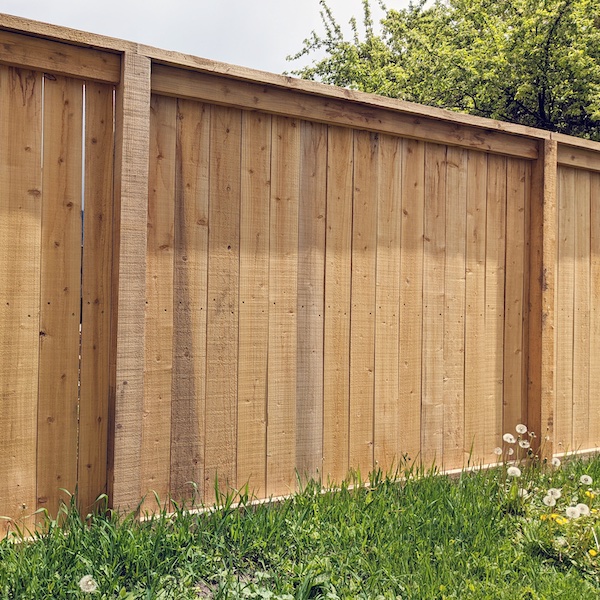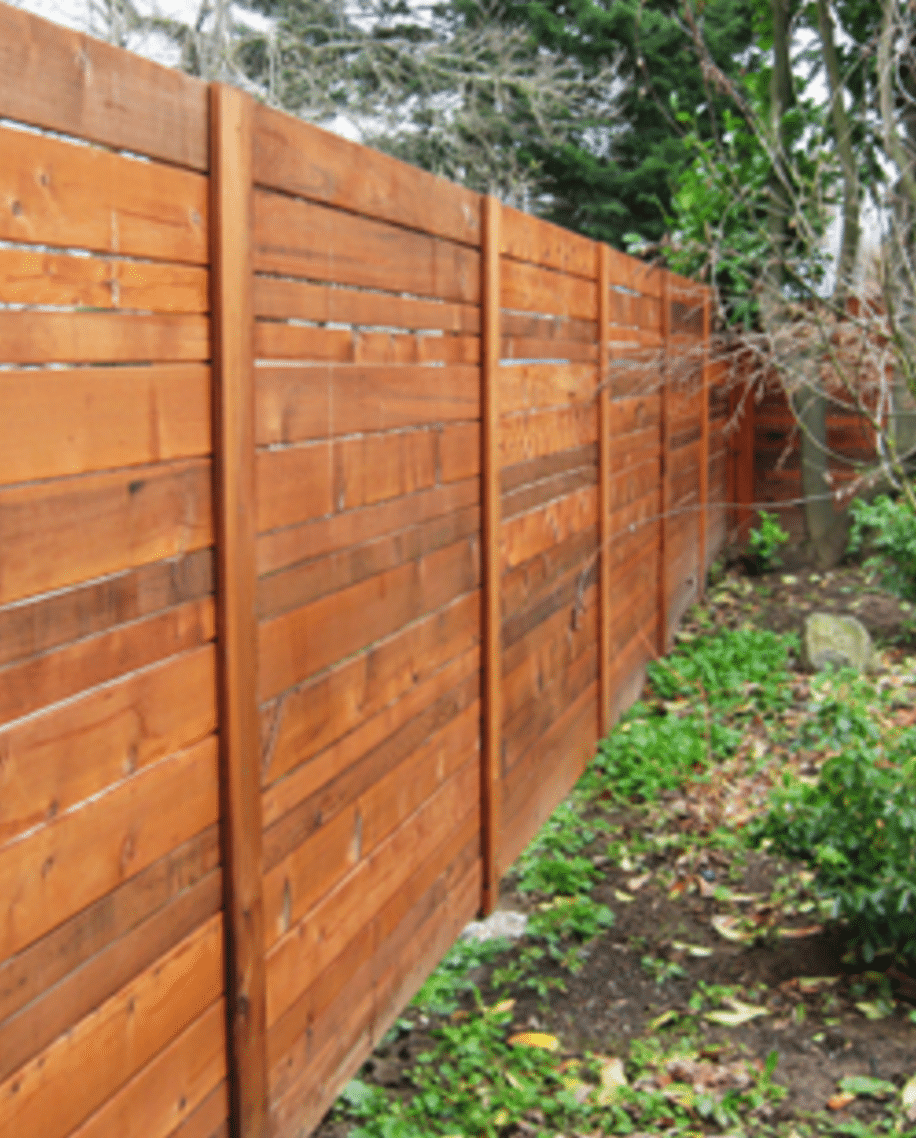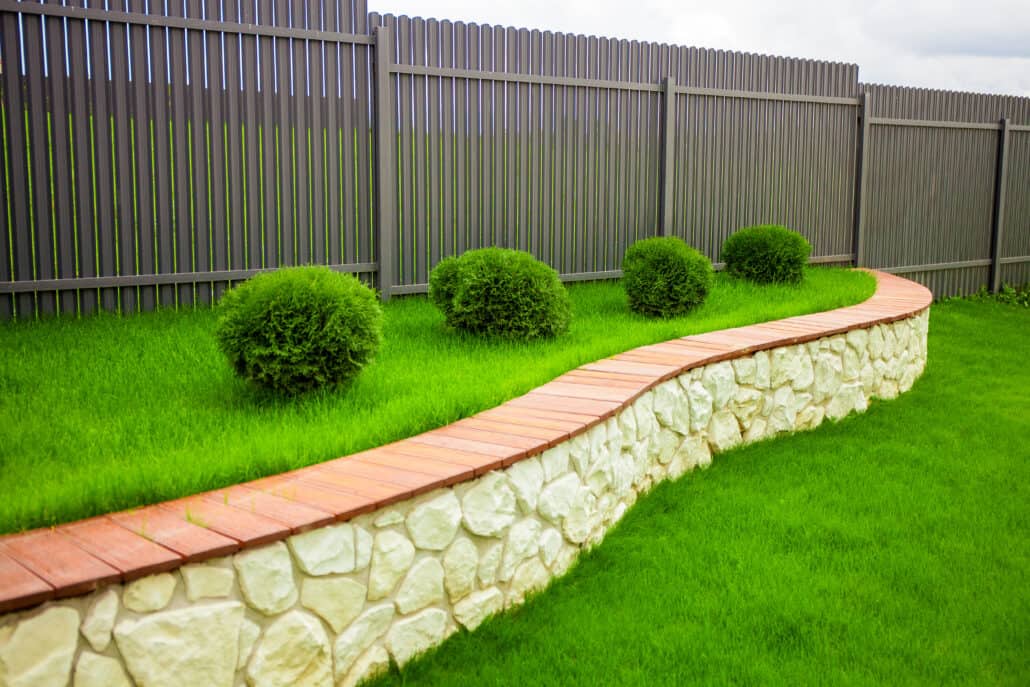All Categories
Featured

When installing a fencing, selecting the appropriate product is vital to balancing capability, visual appeals, and budget. Timber, vinyl, and light weight aluminum are among one of the most frequently chosen fence products, each with its drawbacks and toughness. This overview checks out the pros and cons of these alternatives to assist you make an educated choice.

Timber Fencing. Pros:. Natural Elegance: Wood's ageless charm can improve any type of home with its cozy and traditional look. Customizable: You can paint, tarnish, or carve timber to fit your design choices. Inexpensive: Wood fence is originally more budget-friendly contrasted to a few other materials. Eco-friendly: As a renewable energy, timber is eco-friendly and commonly taken into consideration eco-friendly. Disadvantages:. Maintenance-Intensive: Routine securing, paint, or staining is needed to protect against damages from weather condition and pests. Prone to Degeneration: Without appropriate treatment, wood can rot, warp, or crack over time. Shorter Lifespan: Generally, wood fences last 10-15 years, relying on the sort of wood and upkeep. Wood is an excellent option for those that value visual appeals and want to spend in routine maintenance to preserve its appearance and resilience.
Vinyl Fencing. Pros:. Low Maintenance: Vinyl needs marginal care-- just occasional cleansing with soap and water. Climate Resistant: It does not warp, rot, or catch insect damage, making it very sturdy in various climates. Durability: Vinyl fencings can last 20-30 years with little to no repairs. Layout Range: Available in a vast array of designs, colors, and appearances, consisting of wood-like appearances. Disadvantages:. Greater Preliminary Cost: Vinyl fences are much more pricey in advance contrasted to wood. Vulnerability to Cold: In extremely winter, vinyl can come to be susceptible and brittle to breaking. Restricted Fixing Options: Matching replacement panels can be challenging if damages takes place. Plastic fence is suitable for house owners seeking a lasting, low-maintenance service that supplies contemporary convenience.

Aluminum Secure Fencing. Pros:. Rust-Proof: Aluminum resists deterioration, making it an exceptional selection for damp or wet atmospheres. Resilient: Despite being lightweight, light weight aluminum is solid and can endure severe climate condition. Reduced Upkeep: It needs marginal upkeep, typically just periodic cleansing. Long Lifespan: Light weight aluminum fencings can last years without considerable deterioration. Sophisticated Layout: Typically utilized for decorative objectives, aluminum fence adds a sleek, innovative seek to residential properties. Disadvantages:. High Initial Investment: Light weight aluminum fencings are amongst the pricier alternatives on the marketplace. Less Privacy: The open designs common with light weight aluminum fencing don't offer much privacy. At risk to Damages: While sturdy, aluminum can damage if struck with sufficient force. Aluminum is an outstanding option for homeowners focusing on looks and sturdiness without needing much upkeep.
Making Your Decision. When determining between timber, plastic, or aluminum fence, consider your priorities:
Wood fits those that appreciate a natural appearance and do not mind placing in maintenance effort. Plastic is the most effective alternative for those seeking a low-maintenance, weather-resistant remedy. Light weight aluminum provides streamlined style and durable toughness however may lack privacy. By thoroughly evaluating these materials' attributes, you can choose a fencing that complements your home while meeting your aesthetic and useful requirements.
Latest Posts
Keep Your Carpet Looking Its Best with Easy, Specialist Treatment
Published Apr 20, 25
1 min read
Experience You Can Trust with Bathroom Fitter Metro Detroit
Published Apr 20, 25
1 min read
Maximize Your Savings Possible with WyHy MAX Money Market
Published Apr 20, 25
1 min read